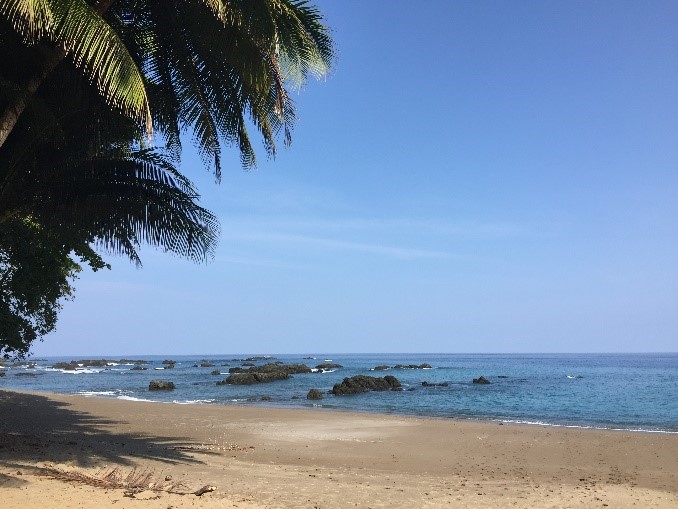THE DEMISE OF THE TWO-WEEK HOLIDAY?
RECENTLY published ONS data reveal that Britons are shunning the traditional two-week long holiday in favour of shorter but more numerous trips abroad.
In statistics collected over the last 20 years, the Office for National Statistics has unveiled big difference in our holiday habits; although we are going on more holidays than ever, they are a lot shorter than they used to be. This seems to be caused by a range of diverse factors.
Online booking
Twenty years ago, very few bookings were made on the Internet as the majority of people would go to a high street travel agent. The rise of the Internet has made booking holidays much easier, quicker and it allows holidaymakers a great deal of flexibility and the ability to tailor-make their holidays.
The end of ‘booze-cruises’
With the end of duty free in 1999, ended the day-trips across the Channel, especially to France, to stock up on cheap alcohol and cigarettes. The end of duty-free in Europe combined with the entry in the market of budget airlines resulted in a decline in ferry travel.
The rise of no-frill airlines
Since the 1990’s, low-cost airlines have revolutionised air travel allowing more people to travel, further for cheaper. It is likely that it’s a big factor behind the reason why UK holidaymakers have more but shorter foreign holidays. Other trends have put city breaks as the nation’s favourite which can also be easily explained by the rise of no-frill airlines.
Cruising
Cruising is now four times more popular than it was 20 years ago. Although it could be partly explained by the UK’s ageing population but also by the huge efforts made by cruise operators in the recent years to increase the appeal of cruising among a younger audience.
All in all, the travel industry appears in good shape despite terrorism, volcanic eruptions, financial crisis and Brexit, as we are travelling more, and more often now than we were 20 years ago. UK residents went on more than 45 million foreign holidays in 2016, up from 27 million in 1996. That’s a 68% rise in the number of holidays, while the UK population increased by 12% in the same period.

